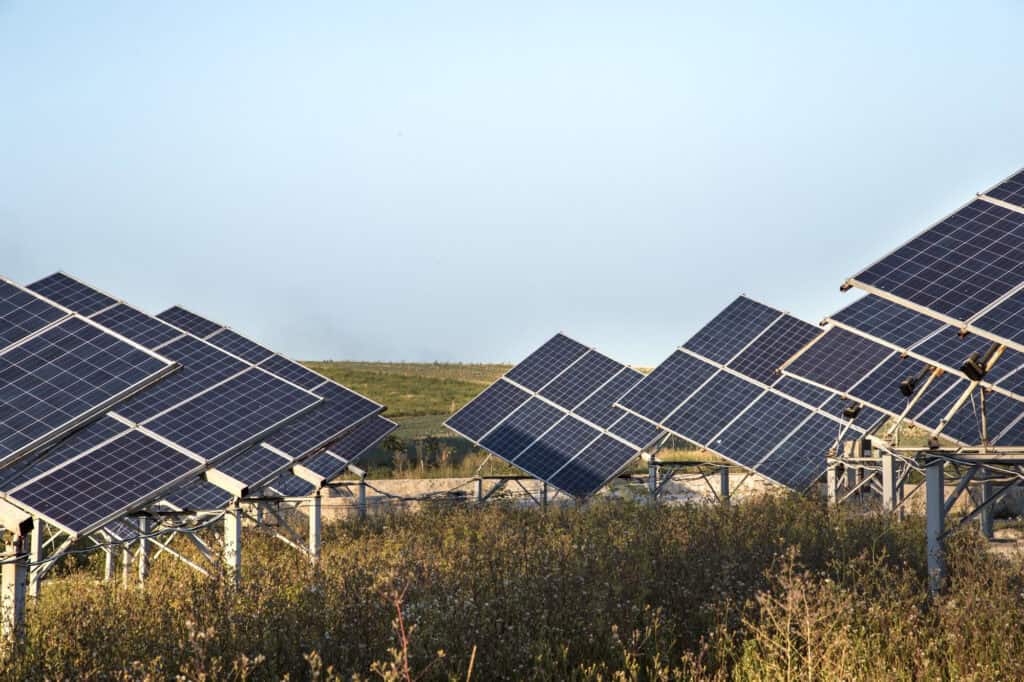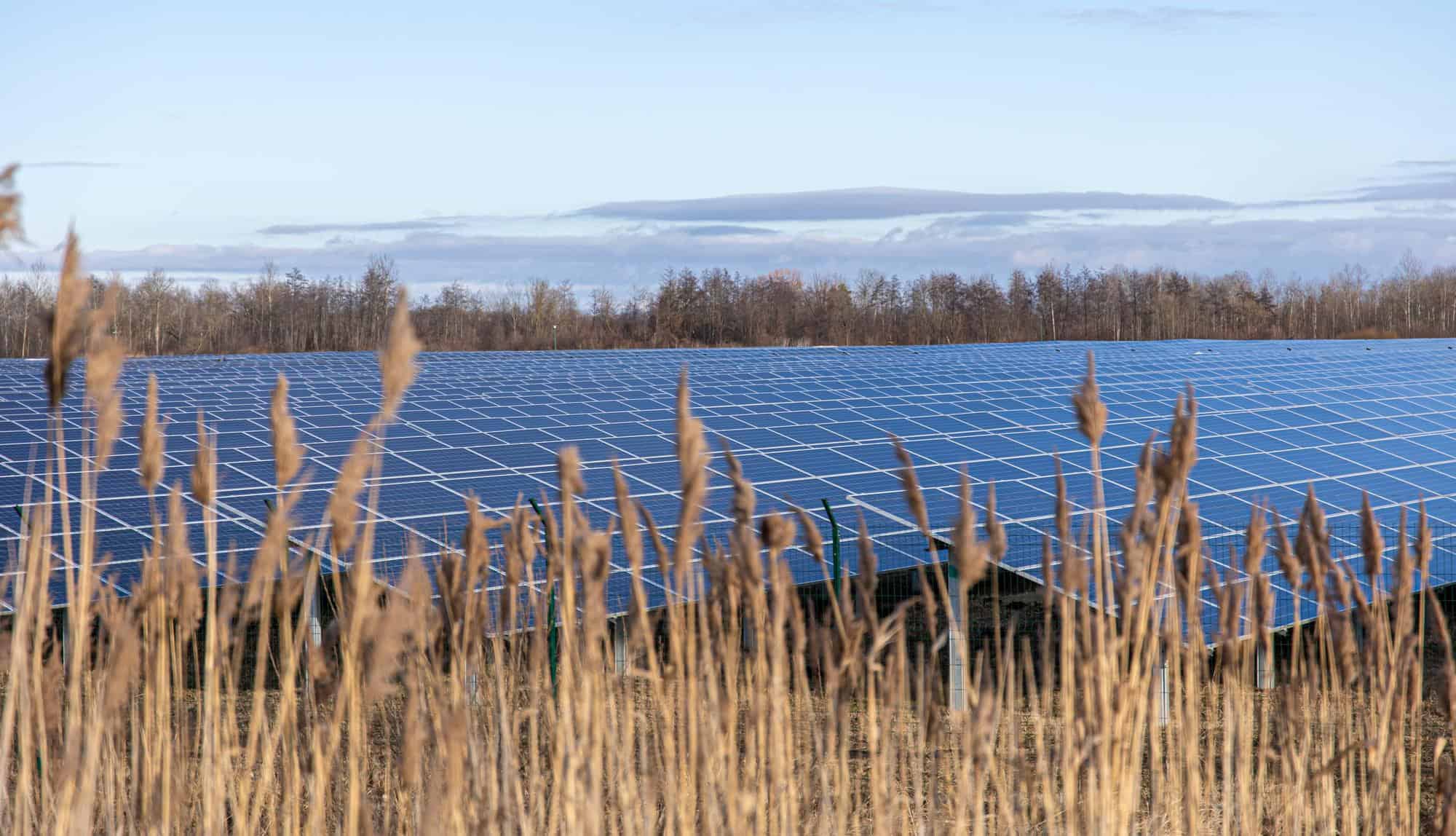It might still be July, but we all know what’s around the corner: shorter days, colder nights, and another season of rising energy costs. As we head into autumn and winter, you’ll rely more than ever on lighting, heating, ventilation, water systems, and cold stores to keep livestock healthy and your produce at its best.
This isn’t energy you can simply switch off – it’s essential to keep your farm running. But it all stacks up to one thing: another big financial pressure just a few months away.
Why 2025 Is Different: A Perfect Storm Of Costs
Energy prices are still stubbornly high and jumpy. The same factors that drove costs through the roof over the past few years – from the Russia-Ukraine war to Ofgem’s repeated price cap shifts – haven’t gone away.
- UK non-domestic electricity prices are 75% higher than they were in early 2021.
- The average UK gas price for businesses is more than double what it was just four years ago.
- In 2023, UK industrial electricity costs were 46% above the international median, nearly 50% higher than France and Germany, and four times higher than the US.
And it’s not just energy. You’re already being squeezed from every angle. After the warmest and one of the driest springs on record, this year’s harvest is set to underperform. A Energy and Climate Intelligence Unit (ECIU) study in June 2025 found UK arable income dropped by over £1 billion last year, making it one of the toughest seasons in decades.
So you’re heading into another autumn and winter of high running costs – potentially off the back of lower returns from your land. That’s not a position any farm wants to be in.
The Business Case for Solar in 2025
While energy costs keep climbing, solar just keeps getting more affordable and efficient. In fact, the cost of installing solar is down 73% over the last decade (Department for Energy Security and Net Zero).
Panels typically last 25 to 30 years, often working well beyond that, while protecting your business from some of the world’s most volatile markets. The UK government is still pushing hard for its 70GW solar target by 2035, keeping approvals and policies in your favour – but that might not last forever.
Solar isn’t about swapping your tractors for eco slogans. It’s a proven way to:
- Cut your energy bills for decades.
- Make your farm less exposed to grid price swings.
- Turn roof space or field edges into dependable, revenue-saving assets.
With projections showing UK solar capacity hitting 90GW by 2035, the energy landscape is changing fast and farms like yours will be part of it.
This Isn’t About “Going Green”, It’s About Running Your Farm Smarter
Let’s be honest: most farmers don’t dream of putting up solar panels. Plenty dismiss the idea right off the bat, and we get why. It can feel like a distraction, or like you’re giving up perfectly good land for something that doesn’t feed livestock or fill grain stores.
So here’s how your biggest concerns actually stack up in practice:
I can’t afford to lose good farmland to panels
You’re not alone – that’s probably the top worry we hear. But less than 0.5% of UK land would be needed for a fully decarbonised grid.
That’s about what we already use for golf courses, and far less than airports. And unlike other developments, solar doesn’t wreck your soil long-term. After around 35 years, the land can go right back into production, often in better shape than before.
Do solar panels even work in winter?
They do. Panels still generate on cloudy days, they don’t need direct, blazing sun to produce electricity. In fact, they often work a bit more efficiently in cooler temperatures.
Yes, shorter days mean slightly lower output in winter, but they’re still offsetting your bills day in, day out. Get your system running now, and by next summer, you’ll already be seeing your strongest returns.
Won’t it cast shadows on crops or spoil how the land looks?
Modern solar layouts minimise shading, and many systems go on rooftops, above livestock sheds, or on lower-value field edges.
Sure, it changes the look a bit. But it also gives you a stable income stream that can keep your business moving, even when commodity prices drop or harvests disappoint.
Solar panels sound expensive to maintain – what if it breaks down?
Panels are built tough to handle British weather: heavy rain, wind, even hail.
They’re low maintenance, usually under long warranties, and need only straightforward checks. Unlike livestock or crops, they keep earning through all kinds of weather.
Is it really more profitable than farming crops?
For many, it is. Old Mill estimated that even in a bumper year, wheat might earn you around £200 profit per acre.
Solar? It can pay four or five times more, with none of the same exposure to drought, disease, or fluctuating grain prices.
How We Make Solar Finance Work For You
No question – installing solar isn’t cheap upfront. But the way renewable energy finance works today makes it far more realistic than you might think.
- You can fund up to 100% of the net cost.
- Repayments flex around your seasonal income.
- We release funds in stages, paying your supplier or you directly, depending on how your project runs.
And with the cost of panels down 73% over the last decade, today’s systems are cheaper to finance and better performing than ever.

A Straightforward Business Choice
This isn’t about “selling out to solar” or chasing eco credentials. It’s about keeping your farm lean, stable, and ready for whatever the market or weather throws your way next.
The best time to start cutting your energy costs is before the bills hit. Don’t get through another costly winter only to wish you’d acted sooner.
Want to see what solar could look like on your farm? Read our blog, How Solar Project Finance Can Power Your Farm for Generations, or get in touch to find out how renewable energy finance can work for your business.




